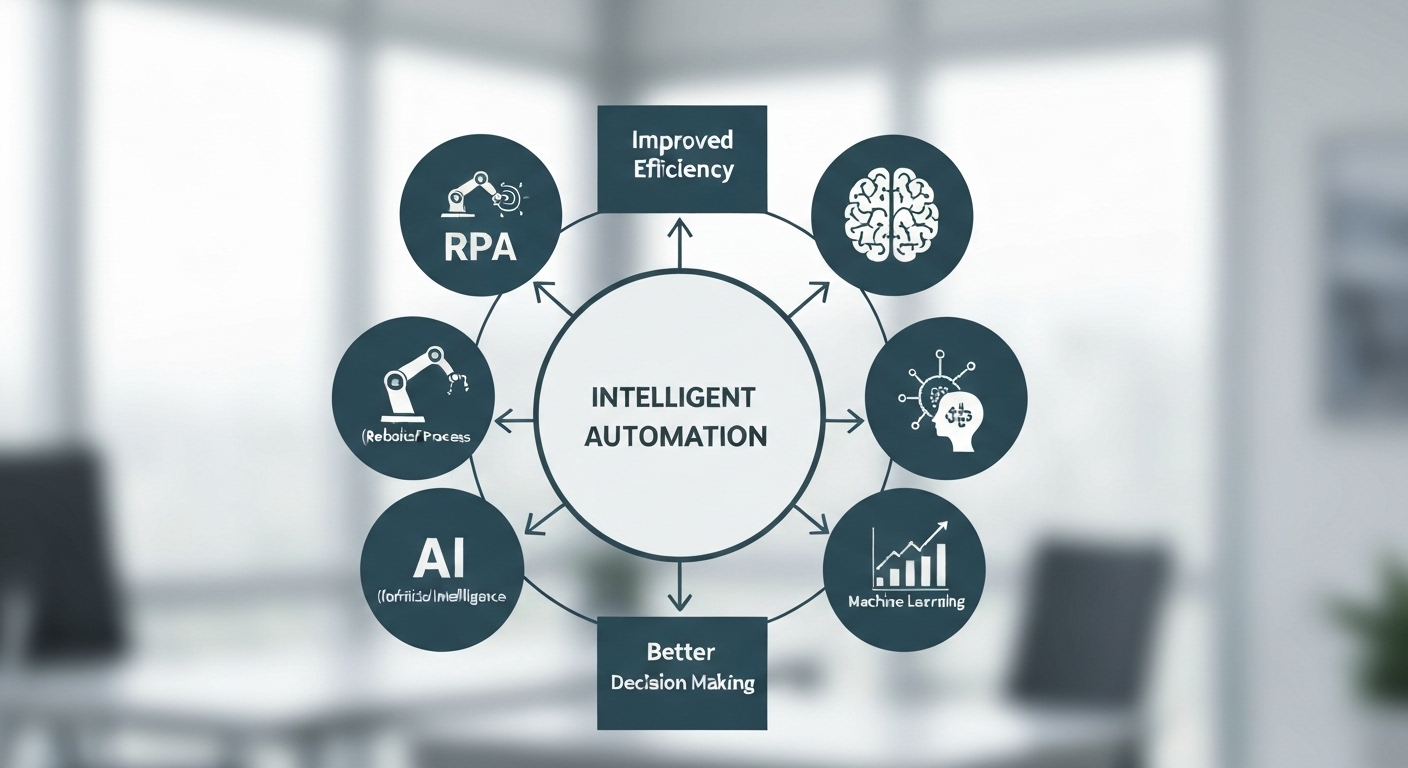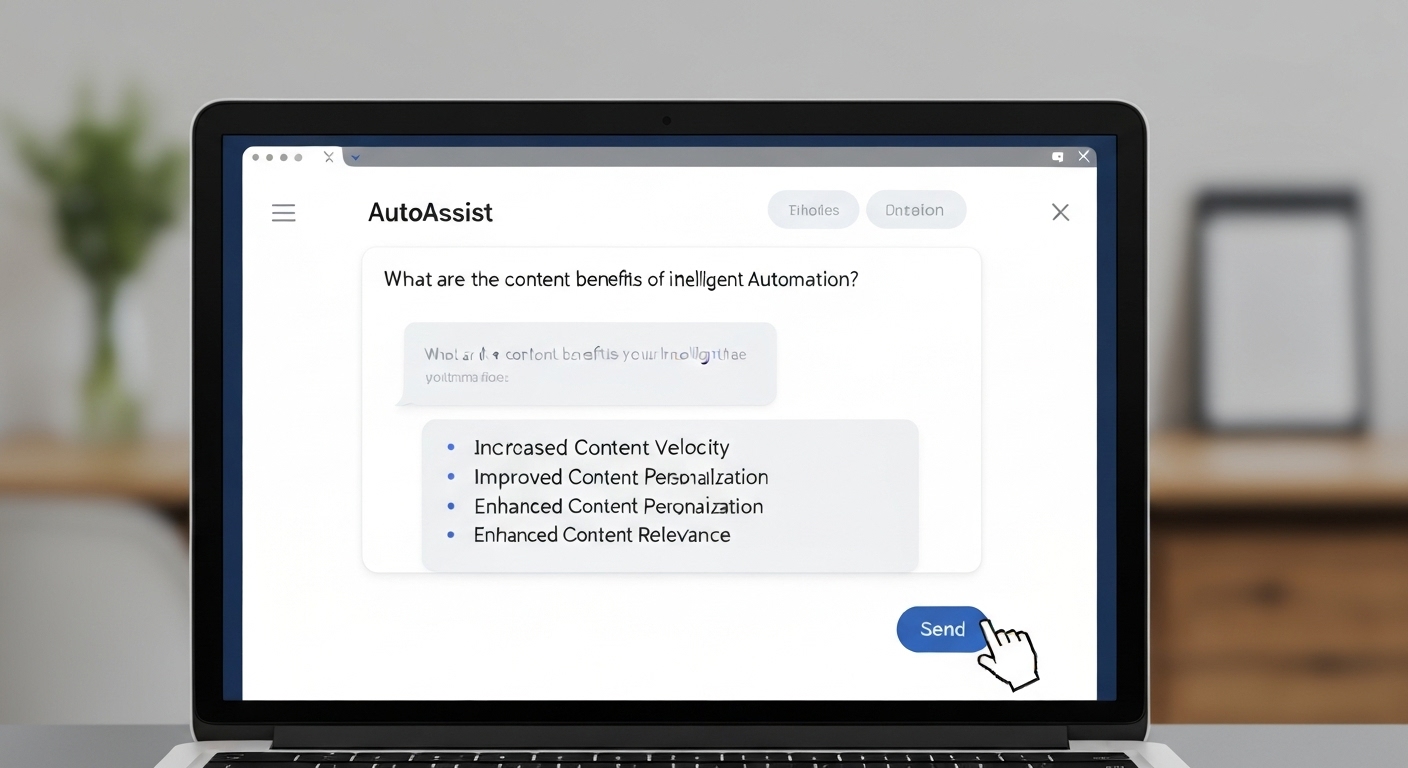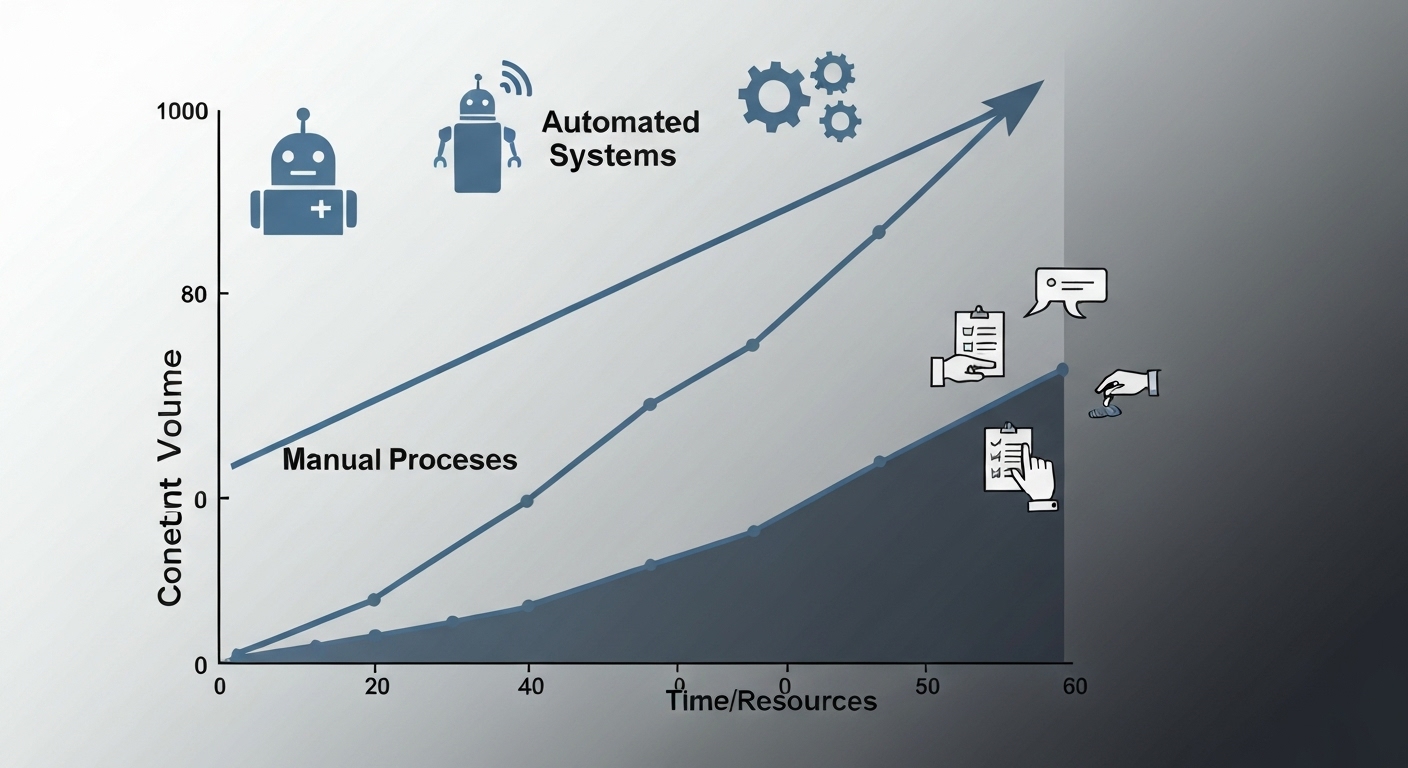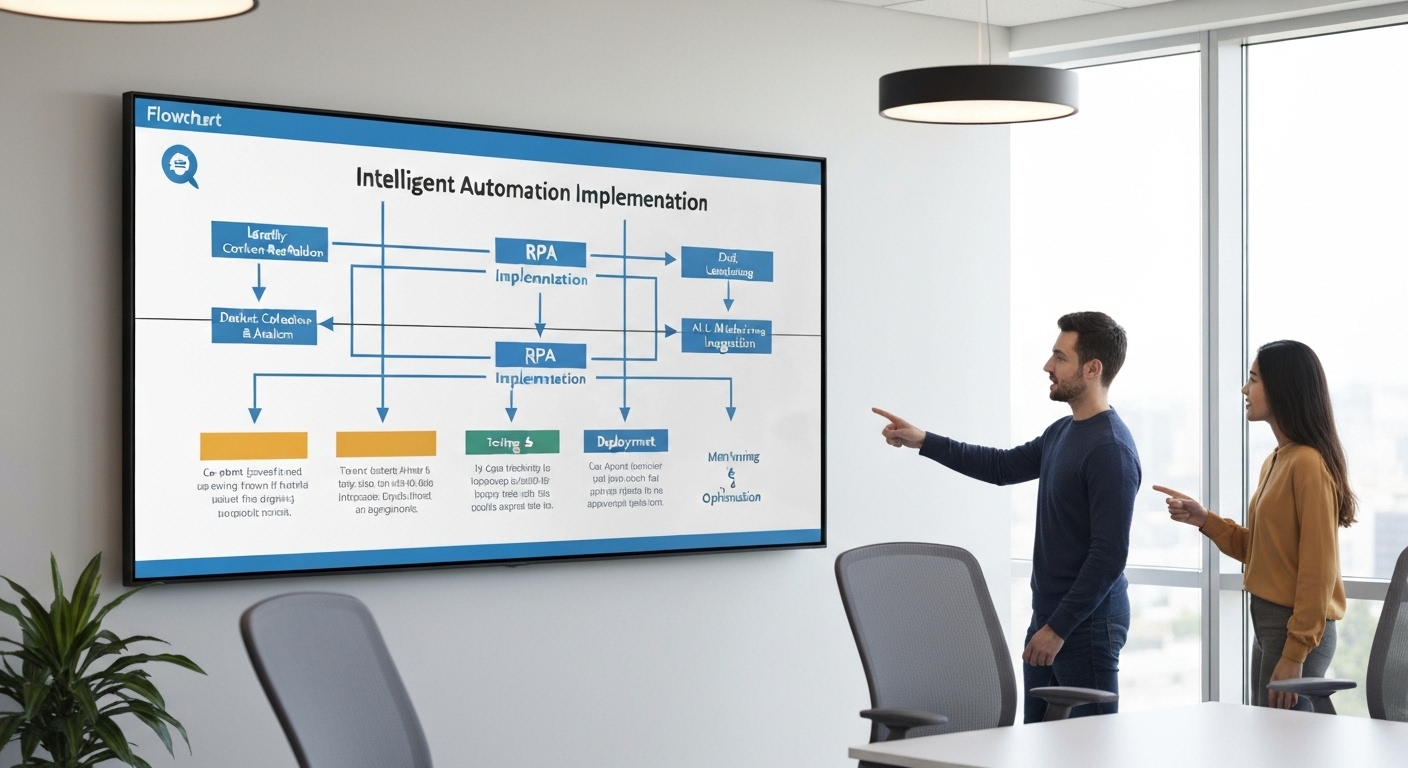Unlocking Potential : The Benefits of Intelligent Automation
Benefits of intelligent automation are transforming businesses across industries, driving unprecedented levels of efficiency, productivity, and innovation. By combining the power of robotic process automation (RPA), artificial intelligence (AI), and machine learning (ML), intelligent automation enables organizations to automate complex tasks, streamline workflows, and make data-driven decisions.
Understanding Intelligent Automation
Intelligent automation goes beyond simple task automation. It uses AI and ML to learn, adapt, and improve processes over time. This allows businesses to automate tasks that previously required human intervention, such as data extraction, document processing, and customer service inquiries.

Key Benefits of Intelligent Automation
The advantages of implementing intelligent automation are numerous and span various aspects of business operations. Let’s explore some of the most significant benefits:
Increased Efficiency and Productivity
One of the primary benefits of intelligent automation is the significant increase in efficiency and productivity. By automating repetitive and time-consuming tasks, employees are freed up to focus on higher-value activities that require creativity, critical thinking, and strategic decision-making. This leads to a more productive workforce and faster turnaround times.

Reduced Operational Costs
Intelligent automation can substantially reduce operational costs by minimizing errors, eliminating manual labor, and optimizing resource allocation. Automated processes are less prone to errors than manual processes, leading to fewer costly mistakes and rework. Furthermore, by automating tasks, businesses can reduce their reliance on human labor, resulting in lower labor costs.
Improved Accuracy and Compliance
Automated processes are designed to follow predefined rules and procedures, ensuring consistent and accurate execution. This reduces the risk of human error and improves compliance with regulatory requirements. Intelligent automation can also help businesses track and audit their processes, making it easier to demonstrate compliance to auditors and regulators.
Enhanced Customer Experience
By automating customer service interactions, such as answering frequently asked questions and resolving simple issues, intelligent automation can improve customer satisfaction and loyalty. Chatbots and virtual assistants powered by AI can provide instant support to customers 24/7, enhancing their overall experience.

Data-Driven Decision Making
Intelligent automation provides businesses with access to vast amounts of data that can be used to make more informed decisions. By analyzing data from automated processes, businesses can identify trends, patterns, and insights that can help them optimize their operations and improve their performance.
Streamlined Workflows with Business Process Automation
Business process automation (BPA) is a crucial component of intelligent automation. BPA streamlines workflows by automating the sequence of tasks required to complete a specific process. This eliminates bottlenecks, reduces cycle times, and improves overall efficiency. By automating workflows, businesses can ensure that tasks are completed in a timely and consistent manner.
Enhanced Scalability and Flexibility
Intelligent automation allows businesses to scale their operations quickly and easily. Automated processes can be easily replicated and deployed across multiple locations and departments, enabling businesses to adapt to changing market conditions and customer demands. This scalability and flexibility are essential for businesses to remain competitive in today’s rapidly evolving environment.

Improved Employee Morale
By automating repetitive and mundane tasks, intelligent automation can improve employee morale and engagement. Employees are freed up to focus on more challenging and rewarding activities, which can lead to increased job satisfaction and reduced employee turnover. This creates a more positive and productive work environment.
Robotic Process Automation (RPA) and Intelligent Automation Synergies
Robotic Process Automation (RPA) forms the backbone of many intelligent automation initiatives. RPA bots automate repetitive tasks by mimicking human interactions with computer systems. When combined with AI and ML, RPA becomes even more powerful, enabling the automation of more complex and nuanced processes. The synergy between RPA and AI is driving the next wave of automation innovation.
The Role of Machine Learning in Intelligent Automation
Machine learning (ML) plays a vital role in intelligent automation by enabling systems to learn from data and improve their performance over time. ML algorithms can be used to identify patterns, predict outcomes, and make decisions without explicit programming. This allows businesses to automate tasks that require a high degree of intelligence and adaptability.
Cognitive Automation: Taking Automation to the Next Level
Cognitive automation extends intelligent automation by incorporating advanced AI capabilities such as natural language processing (NLP), computer vision, and speech recognition. This enables businesses to automate tasks that require human-like cognitive abilities, such as understanding and interpreting documents, images, and speech. Cognitive automation is transforming industries such as healthcare, finance, and insurance.
Implementing Intelligent Automation Solutions
Implementing intelligent automation solutions requires careful planning and execution. Businesses should start by identifying the processes that are most suitable for automation and then select the appropriate technologies and tools. It is also important to involve employees in the implementation process to ensure that they are comfortable with the new technologies and processes.

Overcoming Challenges in Intelligent Automation
While the benefits of intelligent automation are significant, there are also challenges that businesses need to overcome. These challenges include data quality issues, integration complexities, and a lack of skilled personnel. By addressing these challenges proactively, businesses can increase their chances of success with intelligent automation.
Future Trends in Intelligent Automation
The field of intelligent automation is constantly evolving, with new technologies and trends emerging all the time. Some of the key trends to watch include the increasing adoption of cloud-based automation platforms, the integration of automation with the Internet of Things (IoT), and the development of more sophisticated AI algorithms. Staying abreast of these trends is essential for businesses to remain competitive in the long term.
Conclusion
The benefits of intelligent automation are undeniable. From increased efficiency and reduced costs to improved customer experience and data-driven decision-making, intelligent automation is transforming businesses across industries. By embracing intelligent automation, organizations can unlock their full potential and achieve new levels of success. As technology continues to evolve, the possibilities for intelligent automation are endless, making it a critical investment for businesses looking to thrive in the future.
For more information, you can visit nist.gov.
Learn about automation solutions at flashs.cloud.
HOTLINE
+84372 005 899


